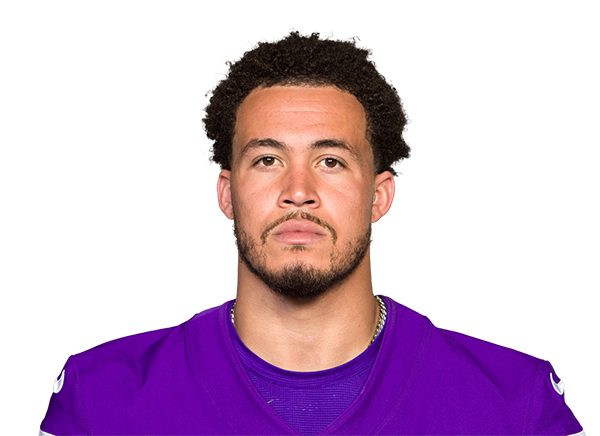The NFL has taken decisive action following a controversial incident involving Jacksonville Jaguars quarterback Trevor Lawrence, who suffered a season-ending concussion due to a hit from Houston Texans linebacker Azeez Al-Shaair. The league responded by ejecting Al-Shaair from the game and suspending him for three games after an appeal upheld the decision. This incident has sparked a broader discussion about the rules surrounding quarterback protection, particularly regarding sliding mechanics and the responsibilities of both quarterbacks and defenders.
Coaches and players have voiced concerns about the implications of the hit, with Texans coach DeMeco Ryans suggesting that quarterbacks sometimes exploit the rules by sliding late to gain additional yardage. Hall of Fame lineman Joe Thomas echoed these sentiments, calling for the elimination of what he termed the “weaponized quarterback slide.” As Al-Shaair prepares to return to play, the ongoing debate highlights the challenges defenders face in navigating the league's complex rules.
The NFL's rulebook places the onus on quarterbacks to initiate slides in a timely manner to ensure their safety. However, the interpretation of when contact is imminent can vary, leading to confusion among players and officials alike. Retired quarterback Tom Brady weighed in, emphasizing the need for quarterbacks to better protect themselves while acknowledging the challenges defenders face. The league has reiterated its commitment to quarterback safety, but defenders argue that the current rules create a dilemma, forcing them to adjust their instincts to avoid penalties.
As the season progresses, the conversation about late slides and the tactics employed by quarterbacks continues to evolve. Defensive players are increasingly aware of the need to avoid contact that could lead to penalties, with some suggesting that quarterbacks should be held accountable for pushing the limits of the rules. The NFL's competition committee has also reminded players about the legality of hits near the sideline, reinforcing the need for clear communication and consistency in officiating.
Ultimately, the incident involving Lawrence and Al-Shaair has opened a dialogue about the balance between protecting quarterbacks and maintaining fair play in the game. As teams adjust their strategies in response to these ongoing challenges, the quest for clarity and consistency in the rules remains a pressing issue for the league.



